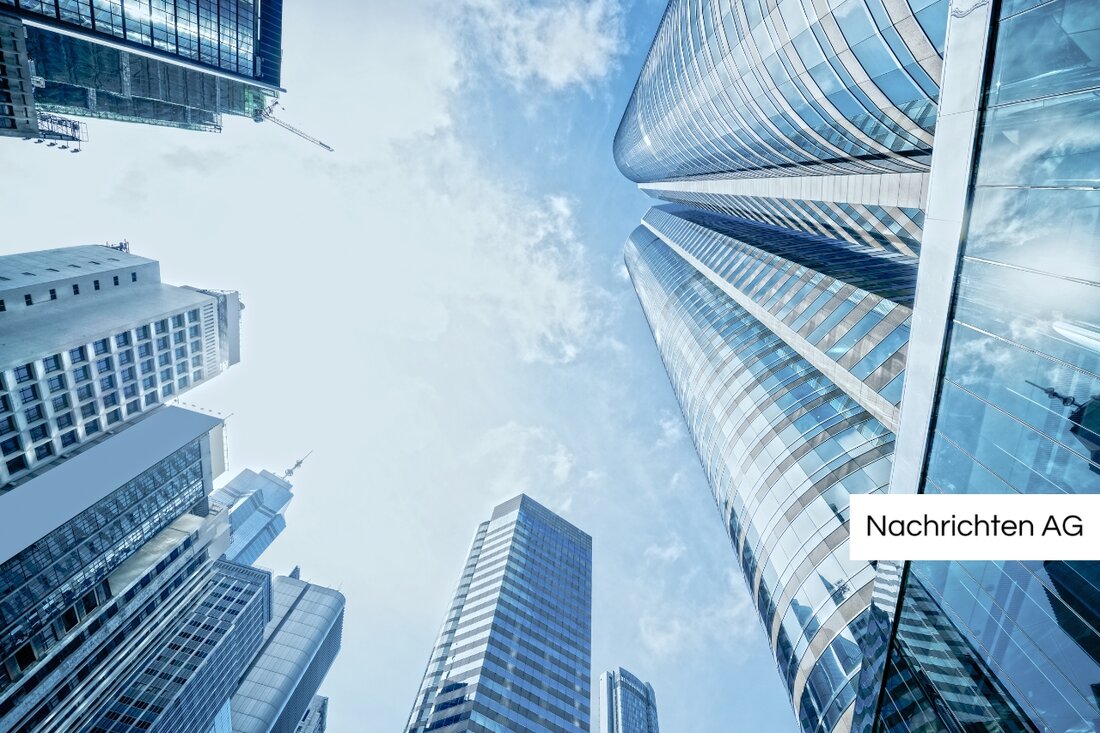Vienna is preparing for the ESC 2026: traffic light couples and tourism hype!
Vienna is preparing for the ESC 2026: traffic light couples and tourism hype!
The Eurovision Song Contest (ESC) has already focused on the international public in the past. The last big appearance took place in 2015 when the Wiener Stadthalle was the country's largest event location. This event left not only musical traces, but also sustainable social changes in the city.
The ESC 2015 contributed to positioning Vienna as a queer -friendly destination. After the event, conventional traffic light men were replaced in the city by representing hetero- and homosexual couples. This measure, initially planned as a temporary statement, became the permanent part of the cityscape and received international attention, including from the BBC and the "New York Times". In addition, zebra crossings were inserted into rainbow colors.
Vienna plans ESC 2026
Currently, the first cities in Austria, including Vienna, have positioned themselves as possible venues for the ESC 2026. Walter Ruck, President of the Vienna Chamber of Commerce, underlines the importance of this event for the city and sees it a great opportunity with a potential advertising value in the three -digit million range. Vienna has increased its tourism capacities by 18,000 beds since 2015, which corresponds to about 25 percent more than before.
The modernizations of the Vienna Stadthalle, stage elements, interpreter cabins and also a air conditioning are called how the city is preparing for the new guest appearance. While a new event hall in St. Marx will be completed by 2030, it is not available for the ESC 2026, which does not stop the preparations.
A look at the history of the ESC and its meaning for the LGBTQ+community
The ESC has had a special meaning for the LGBTQ+community since the 1960s. Experts like Jan Feddersen emphasize that the performance of the artists is crucial for their success. The appearance of Jean-Claude Pascal, for example, was courageous at a time when homosexuality was no longer banished, but was still frowned upon. A milestone was the victory of Dana International for Israel in 1998, who was the first trans -wife in the ESC.
With the victory of Conchita Wurst in 2014, the ESC was brought back to Austria and the event again gained importance for the LGBTQ+community. Many artists from this community celebrated success in the context of the competition, which has made the ESC an important platform for diversity and integration.
In summary, it can be said that Vienna is not only working towards the ESC 2026, but also the social changes that the competition brought with it in 2015 continued to be pursued and celebrated. The ESC thus remains an important cultural event that includes both musical and social dimensions.For more information about the previous developments and future plans, read the article by Exxpress.at href = "https://wien.orf.at/stories/3305963/"> orf.at and the interview from SRF.CH .
| Details | |
|---|---|
| Ort | Wien, Österreich |
| Quellen | |


Kommentare (0)